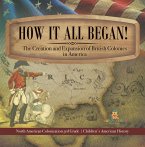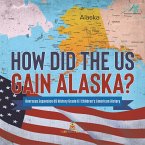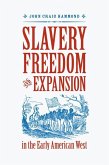In "Expansion and Conflict," William Edward Dodd meticulously explores the dynamics of American territorial expansion from the mid-19th century to the dawn of the 20th century. His rigorous examination delves into the intricate interplay between imperial ambition and emerging national identity, employing a clear, analytical prose style that resonates with both scholarly rigor and accessibility. Dodd contextualizes his exploration within the framework of contemporary geopolitical theories, linking historical events to broader themes of conflict, capitalism, and colonialism that shaped the United States during a period of profound transformation. William Edward Dodd, a distinguished historian and educator, had a background that informed his critical perspectives on American history. His scholarly pursuits were driven by a keen interest in nationalism and diplomacy; he viewed the expansionist policies of the United States through a lens that interrogated both moral implications and strategic necessities. Dodd'Äôs firsthand experiences and academic milieu encouraged him to challenge prevailing narratives, striving instead for a comprehensive understanding of America's tumultuous growth. "Expansion and Conflict" is an essential read for historians, political scientists, and general readers alike who seek to understand the complexities of American expansionism. Dodd'Äôs insightful analysis not only enriches our understanding of the past but compels us to reflect on the continuing implications of expansionist policies and their impact on contemporary society.
Dieser Download kann aus rechtlichen Gründen nur mit Rechnungsadresse in A, B, BG, CY, CZ, D, DK, EW, FIN, F, GR, H, IRL, I, LT, L, LR, M, NL, PL, P, R, S, SLO, SK ausgeliefert werden.









